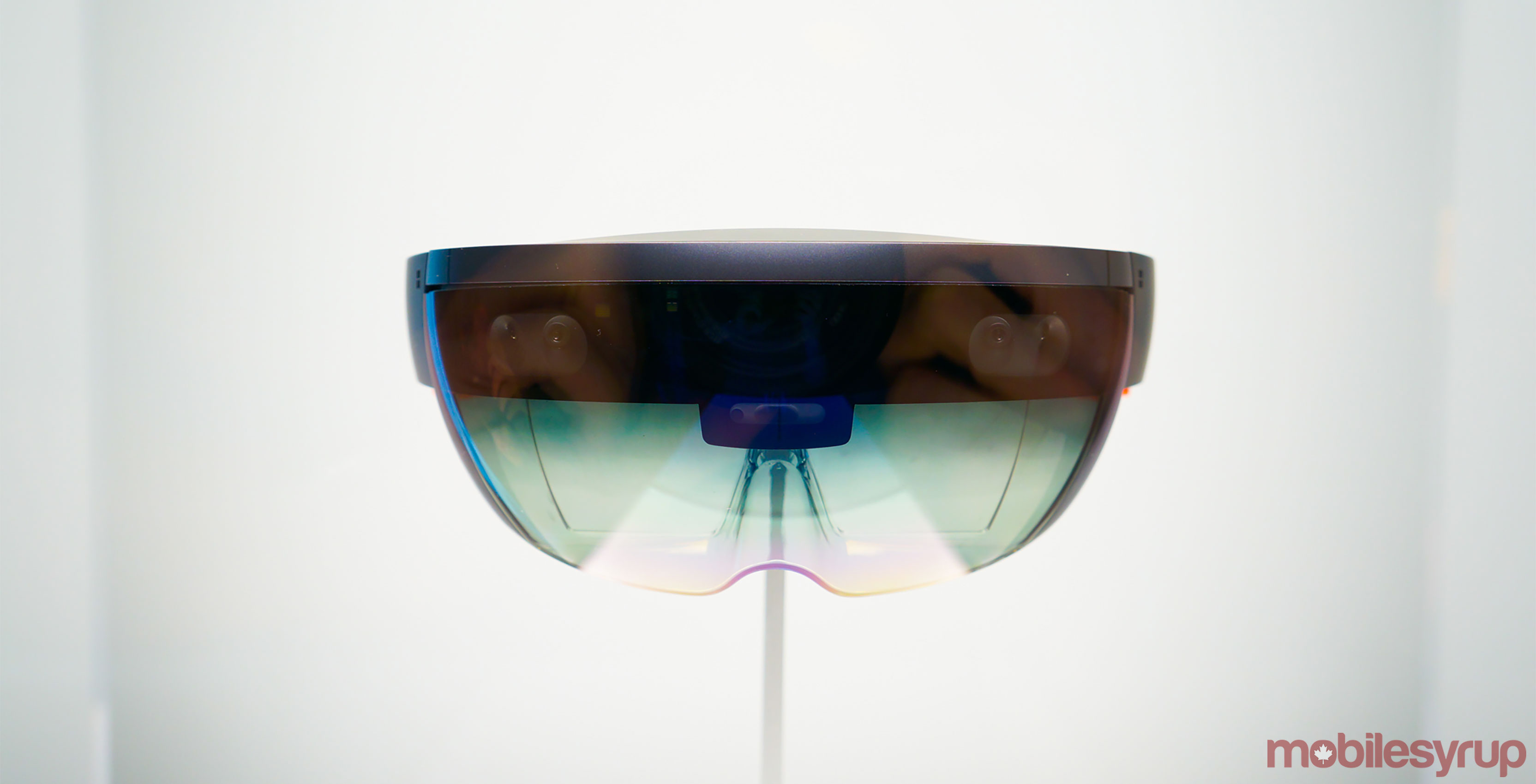
Microsoft has announced that the next generation of its mixed reality HoloLens AR headset is set to feature a custom silicon ‘coprocessor’ that has the ability to analyze visual data directly on the unit, removing the device’s reliance on the cloud.
The company says it designed the chip itself, but is not the manufacturer. The result of the inclusion of this chip, says Microsoft, is improved HoloLens performance, while also ensuring the device remains as small as possible. Due to the fact that this more flexible AI solution doesn’t require an internet connection for tasks like object and voice recognition, in theory it should improve HoloLens’ speed significantly.
In an interview with Bloomberg, Microsoft research engineer Doug Burger said that the company is taking the challenge of creating AI processors for servers “very seriously,” emphasizing that “our aspiration is to be the number one AI cloud.”
The silicon will also be built directly into HoloLens’ ‘Holographic Processing Unit’ or HPU — the company’s name for the headset’s central vision-processing chip. This sensor manages data gathered by the device’s various on-board sensors, which include head-tracking and an infrared camera. With HoloLens version 3 — Microsoft apparently skipped HoloLens 2 and is jumping right to three — this data will be analyze by neural networks.
It’s worth noting that Microsoft isn’t the only company working on AI chip technology, as Apple and Google are also reportedly developing AI processors. Microsoft’s chip, however, seems to be the first AI silicon designed with augmented reality (AR) in mind.
One of the current iteration of HoloLens’ most significant issues is the device’s limited field of view. It’s still unclear if along with these new AI-based improvements, if Microsoft also has plans to solve HoloLens’ display issues.
There’s still no solid release date for the second generation of HoloLens but it’s expected to be revealed at some point in 2019.
Source: Microsoft, Bloomberg Via: TechCrunch
MobileSyrup may earn a commission from purchases made via our links, which helps fund the journalism we provide free on our website. These links do not influence our editorial content. Support us here.


